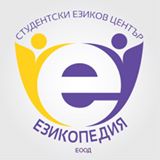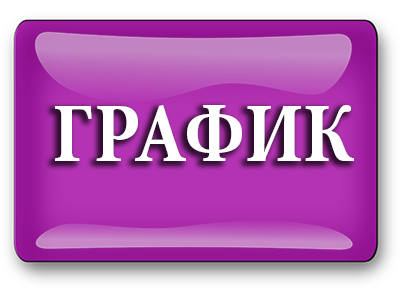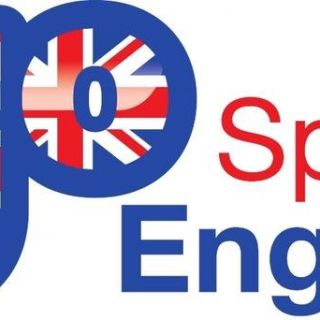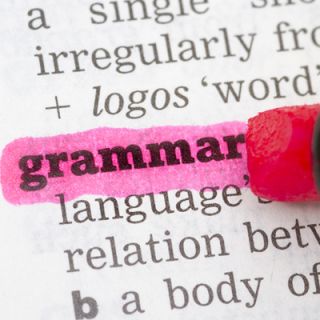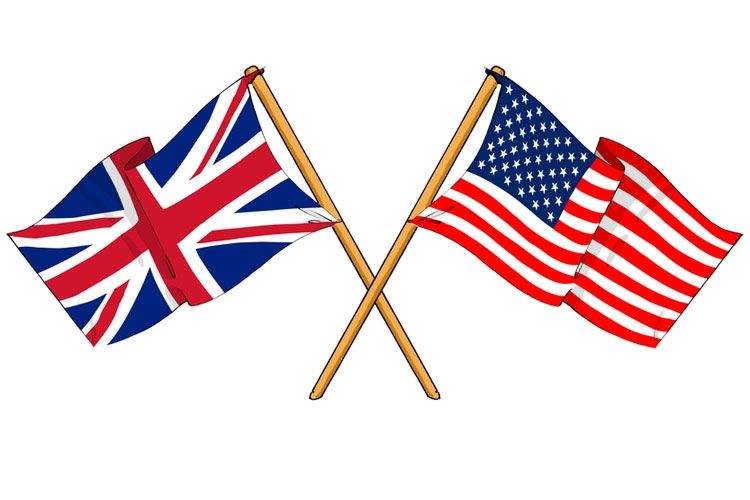British English or American English II
- 04/01/2017 13:52 |
- 0 коментара
1.Collective nouns:
American English: The government have cut spending. (sing,v)
British English: Tom`s family is/are coming to visit.
2.Spelling –ed words Am. Learned Br.learn/learned
spelled burned/burnt
spoiled dreamed/dreamt
3.Past participle got
Am.I`ve gotten a (past) I`ve had a headake
I`ve got a headache (now) I`ve got a headache.
4.Dates no article article+of
My birthday is september 9th. My birthday is the 9th of September.
5.Talking about recent past events
Amer. E already/just/yet+past simple :I just saw her ;He already finished;Did she leave yet?
Brit. Present Perfect :I have just seen her;He has already finished;Has she left yet?
6.Got informal
Amer. : For necessity-I dot to go
for possesion-I got a car
Brit.: For necessity-I`ve got to go
For possesion-I`ve got a car.
7.Compound nouns (verb)+(noun):jump lope;dive board- Amer.
Brit. (gerund)+(noun):skipping lope;diving board
8.Subjunctive mood
Amer. They suggested he(now)rent a car.
Br. They suggested (that) he should rent a car.
They suggested he rented a car.
9. Сегашно перфектно време.
В британския английски една от употребите на the present perfect tense (сегашно перфектно време) е тази без период от време отнасяща се до непосредствено приключили действия имащи логична връзка с настояща ситуация.
Examples:
The taxi has arrived. Let’s go. (the taxi is right now outside waiting) – Таксито пристигна, да вървим.
В американския английски доста често срещана е употребата на past simple tense (минало просто време) в този случай.
The taxi arrived. Let’s go.
В британския английски “The taxi arrived. Let’s go.” би било считано погрешно от граматична гледна точка, но в американския това е често срещано изразяване или възможни са и двата варианта. Обърнете внимание, че това касае единствено употребата на перфектно време за непосредствено завършили действия имащи логична връзка с настояща ситуация.
Тази идея на различие между британски и американски английски се среща доста често с употребата на наречията типични за този тип изразяване: already, just and yet.
British English:
I've just had lunch . (Току що обядвах.)
I've already seen that film. (Вече гледах (съм гледал) този филм.)
Have you finished your homework yet? (Свърши ли с домашната работа вече?)
American English:
I‘ve just had lunch OR I just had lunch.
I've already seen that film OR I already saw that film.
Have your finished your homework yet? OR Did you finish your homework
